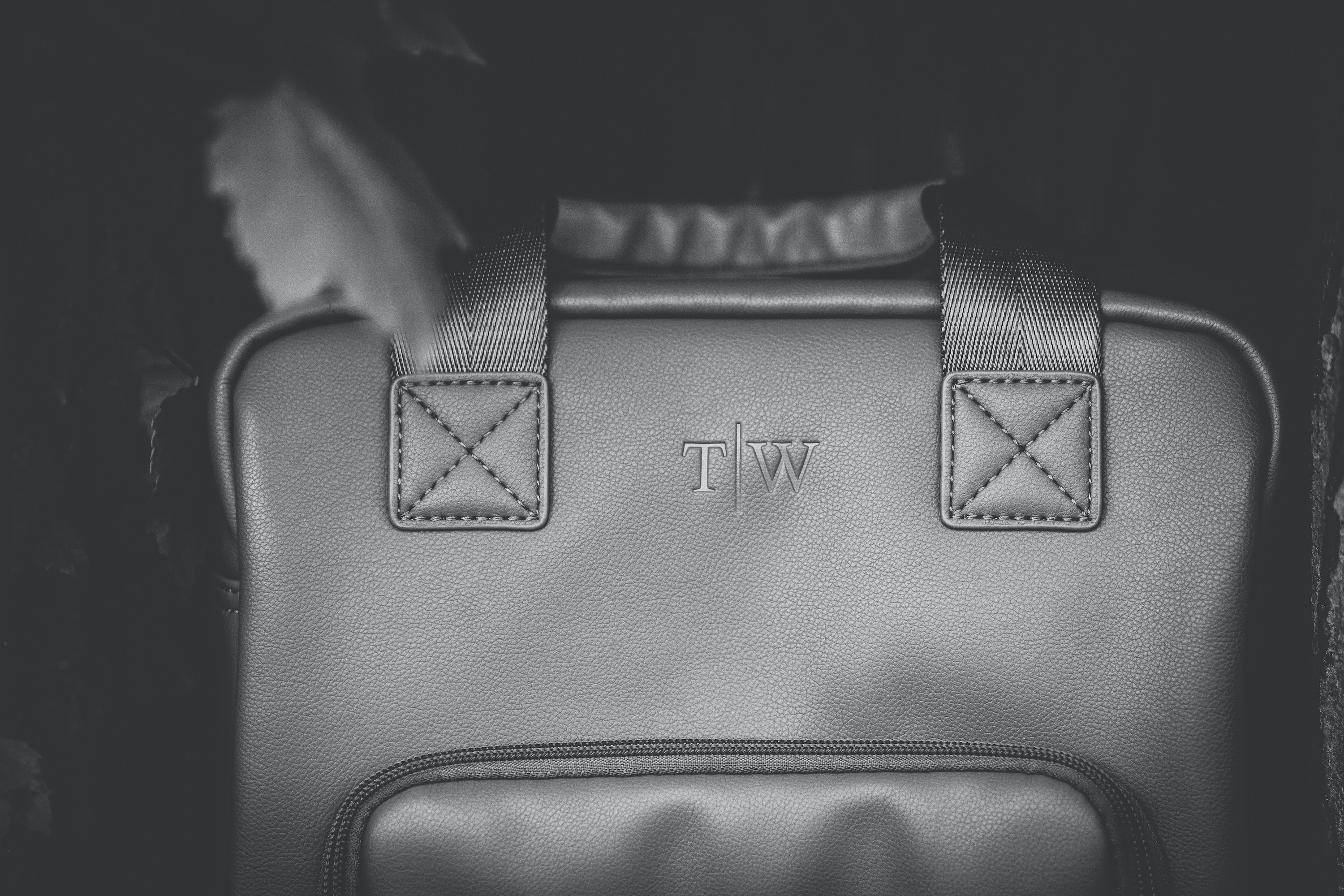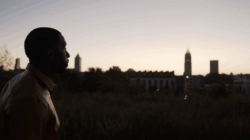
Passing the Torch

If non-existent, why would there be a need to question, debate, improve or re-imagine? Moving forward and continuing to improve is always the goal in life. This is the same vision followed by those from T|W Tote in their quality products.
The founders of T|W Tote are from the West Indies; and their drive to manufacture, produce and market quality products for you, their customers is undeniable. The passion for their beliefs, partners and communities is very real and honest; and is the foundation for their internship program. To read more about the program, click here.
Our first tote, Mero, received its name from Dominica's Mero Black Sand Beach.

Not being from the West Indies, one might confuse Dominica with The Dominican Republic. They both have the phrase Dominica in their name but they are also very different. If you would like to read more, here is a 10-minute YouTube video containing interesting content.
One individual who tried to make a difference in his country, The Dominican Republic, is Jean Pablo Duarte. He was born in 1813, Santo Domingo, Hispaniola [now in Dominican Republic] and died in 1876, Caracas, Venezuela. He was the father of Dominican independence, who lost power after the struggle succeeded and then spent the end of his life in exile.
The problem with the independence movement in the former Santo Domingo colony was, despite Juan Pablo Duarte's best efforts and heroic struggle, the lack of a shared vision of how a just and fair government should be structured was non-existent. Without such a vision, too many revolutions sacrifice lives without actually achieving the goal of freedom, justice, and equality. His aspiration for the Spanish-speaking portion of Hispaniola Island was to help create a self-sufficient nation established on the liberal ideals of a democratic government.
The highest mountain in the Caribbean (Pico Duarte), a park in New York City 
(Duarte Square, a 0.45-acre triangular park in Hudson Square, Lower Manhattan, New York City), and many other noteworthy landmarks carry his name suggesting the historical importance Dominicans have given to this man.
The Dominican Republic is located in the Greater Antilles in an island called Hispaniola, which it shares with the neighboring country, Haiti. Hispaniola is located West of Puerto Rico and East of Cuba. Its Capital is Santo Domingo. It is the second largest island in the Greater Antilles.

Dominica lies in the Windward Islands between the Caribbean Sea and the North Atlantic Ocean, halfway between Puerto Rico and Trinidad and Tobago. Christopher Columbus, sailing for Spain, named the island as Dominica, after the Latin term dies Dominica for Sunday, the day on which the Spanish first saw it in November 1493. Some Spanish colonists settled there at that time. The Arawak tribes, called the Orinoco, were the original inhabitants of the island, and the arrival of the Carib Indians seemed to be the reason they left. It was the Caribs, who met Columbus and his fleet, when it arrived in 1493. Many Spanish ships discovered Dominica, too, but the Caribs successfully kept them at bay. The indigenous inhabitants originally referred to the island as Wai’tukubuli, which translates to "tall is her body." Columbus renamed it Dominica. Native Caribs still live on the island today, mostly in the Carib Indian Reserve.
Dominica, changed hands between the French and English throughout the course of history until its Independence from the British on November 3, 1978. Dominica is widely known as the Nature Island of the Caribbean and the World. The Island of Dominica boasts of untouched tropical forests, flowers and fauna of unsurpassed beauty. It hosts the second largest boiling

lake and attracts regional and international tourists to the World Creole Music Festival.
Dominican culture is a mixture of French and British as can be seen in the local cuisine, traditional dances, religion and music. Dominica is an English speaking country; and because of its history with the French speaks a local dialect called French Creole.
The Dominican Republic, on the other hand, is a Spanish speaking country. It is more populous than Dominica. The Dominican Republic has mainly Spanish, African and Taino cultural differences, as seen in their cuisine, music, dance, language and religion.
Both Dominica and The Dominican Republic are unique, in much the same way that each Luxury, Professional and Lunch Tote is.
Take a moment, view the luscious collection colors, including Sorrel, our "color for February", and make one yours today!



Leave a comment
This site is protected by hCaptcha and the hCaptcha Privacy Policy and Terms of Service apply.